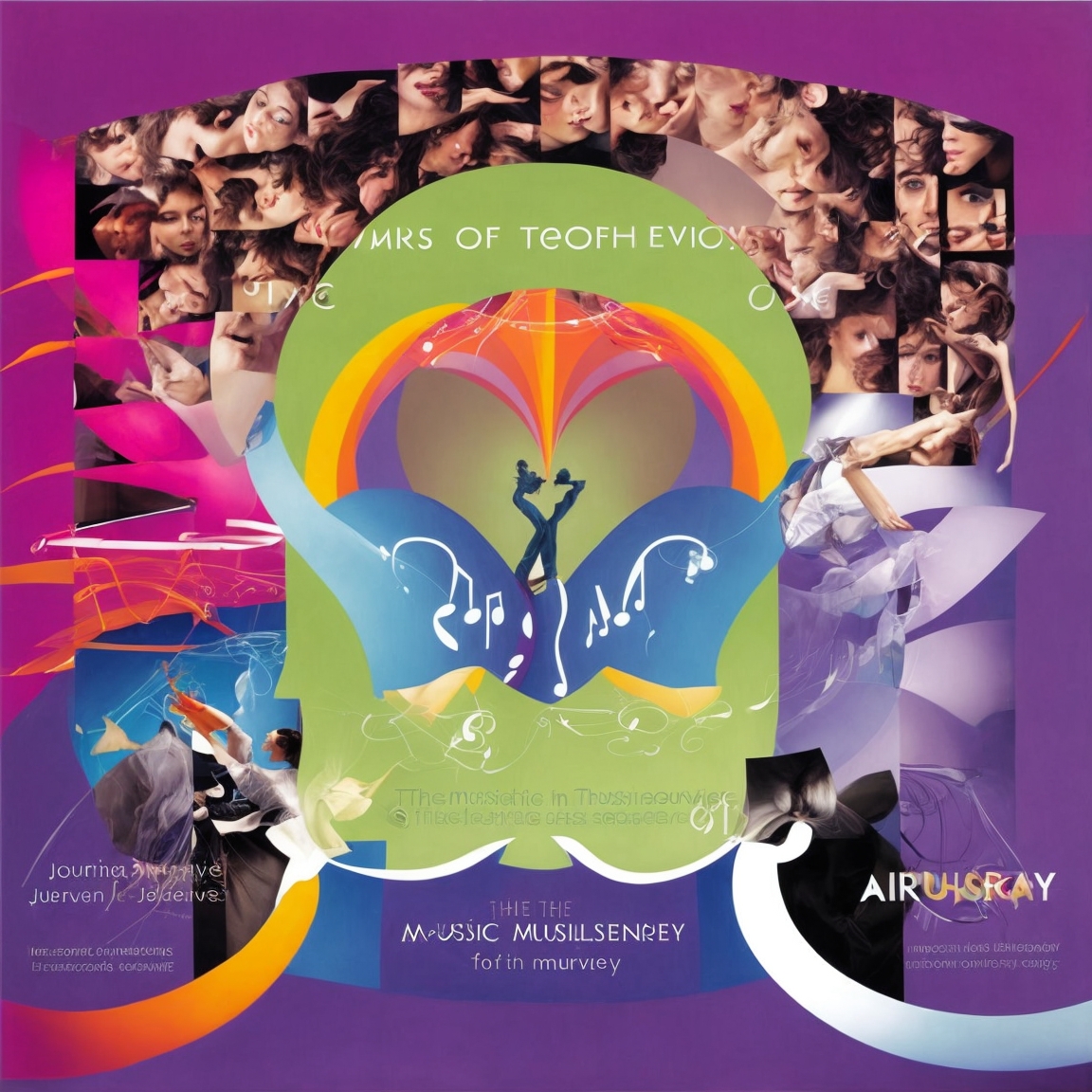The Art of Communicativeness: Unleashing Your Expressive Power
The Art of Communicativeness
What is Communicativeness Really About?
In a world where we are constantly interacting and exchanging ideas, the art of communicativeness is a powerful tool. It’s not just about speaking or writing, it’s about expressing yourself in a way that resonates with others. Effective communication is a delicate balance between clarity and creativity, and it’s an essential skill in both our personal and professional lives.
The Many Facets of Communicativeness
Communicativeness is a multifaceted skill. It involves active listening, empathy, and the ability to adapt your message to your audience. It’s about choosing the right words, but also understanding non-verbal cues and the power of silence. True masters of communicativeness know how to convey complex ideas in a simple and engaging manner.
The Power of Effective Communication
Effective communication has the power to inspire, motivate, and influence others. It can build strong relationships, foster collaboration, and drive positive change. In our personal lives, it can lead to deeper connections and a better understanding of ourselves and others. In a professional setting, it can mean the difference between a successful pitch and a missed opportunity.
Barriers to Communicativeness
However, there are often barriers to effective communication. These can include cultural differences, language barriers, and even our own emotional states. Overcoming these challenges requires awareness, flexibility, and a willingness to step outside our comfort zones. It’s important to remember that communicativeness is a skill that can always be improved and refined.
Practical Tips to Enhance Your Communicativeness
Listen Actively
Active listening is a key aspect of communicativeness. Pay attention not only to the words being spoken but also to body language and tone of voice. Show that you are engaged and interested, and ask clarifying questions to ensure understanding.
Empathize and Adapt
Put yourself in the shoes of your audience. Consider their perspective and adapt your message accordingly. Use language and examples that resonate with them, and be mindful of cultural and generational differences.
Choose Clarity Over Complexity
Resist the temptation to impress with jargon or complicated language. Simplicity and clarity are often more powerful. Use concrete examples and analogies to make abstract concepts more accessible.
Master the Non-Verbals
Body language, eye contact, and tone of voice all play a significant role in communication. Ensure that your non-verbal cues align with your message. For example, maintain eye contact to show confidence and interest, and use hand gestures to emphasize your points.
Conclusion: Unleash Your Expressive Power
Communicativeness is an art that, when mastered, can unlock your expressive power. It allows you to connect, influence, and inspire those around you. So, embrace the tips above, continue to refine your communication skills, and watch as your relationships, both personal and professional, flourish.













































